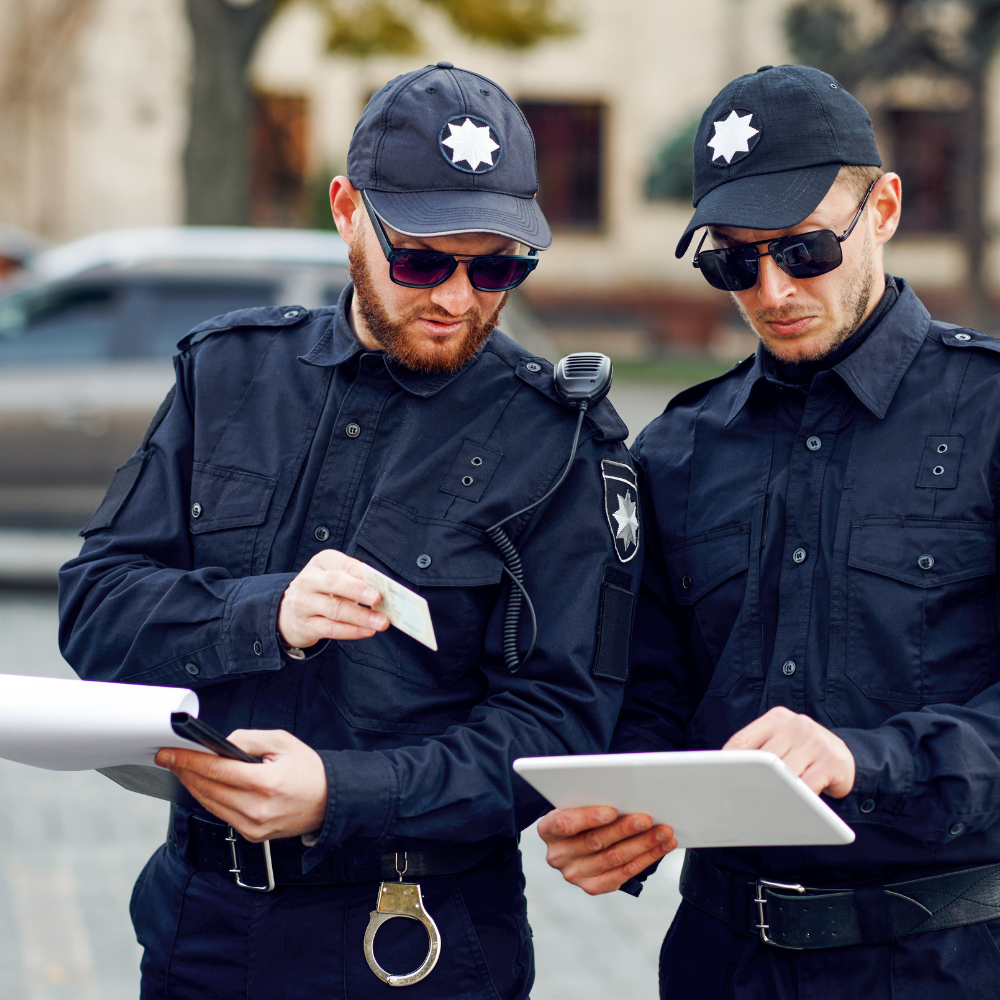
An ex-inspector of constabulary has deemed the Metropolitan Police's plan to cease responding to mental health emergencies "potentially alarming." Beginning in September, officers will only respond to mental health-related 999 calls if there is an "imminent threat to life."
Former Her Majesty's Inspector of Constabulary and Fire and Rescue Zoe Billingham stated that the proposed alterations may result in a "vacuum" The president of the Royal College of Psychiatrists described the action as unhelpful.
After a significant increase in the number of mental health incidents handled by the force over the past five years, the Met argues that this decision will free up officers. Some police commanders believe this is a result of the service being increasingly viewed as the first option for people in a crisis, as well as a lack of capacity in the NHS and social services to meet rising mental health needs.
According to sources, Metropolitan Police Commissioner Sir Mark Rowley informed Greater London's health and social care services of the plan last week. Sir Mark stated in the letter, which was seen by sources, that it takes on average nearly 23 hours from the time someone is detained under the Mental Health Act until they are transferred to medical care.
He writes that his officers spend more than 10,000 hours per month on what is primarily a health issue, adding that the police and other social services are "collectively failing patients" by not ensuring they receive the proper assistance, as well as failing Londoners in general due to the impact on police resources.
Ms. Billingham, who is now chair of the Norfolk and Suffolk NHS mental health trust after 12 years as Her Majesty's Inspector of Constabulary and Fire and Rescue, cautioned that mental health services are "crumbling" and in some areas are so overburdened with demand that they are unable to meet the needs of those who require it the most.
She cautioned sources that there is no other agency for persons in crisis to contact besides the police, adding that there is no other agency to fill the void. She expressed skepticism regarding the Met's proposed timeline for the change, adding that she would be "very surprised" if mental health trusts across London could have additional 24-hour mental health facilities operational by August 31.
Ken Marsh, chairman of the Metropolitan Police Federation, which represents officers up to the rank of chief inspector, reacted positively to the news. However, he stated that officers will still respond to "the majority" of inquiries because they fear the consequences of not doing so. Who, at the end of the day, makes the decision that you cannot attend something, and what would my officer say if this situation were to wind up in a coroner's court?
Ms. Billingham acknowledged that a complete withdrawal is improbable in practice, but warned that the Met's adoption of such a strategy would be extremely dangerous. In March, Sir Mark Rowley stated that policing mental health requires the same number of staff hours as coping with 500,000 victims of domestic violence. He cited a case in which Met officers spent 30 hours supervising a crisis-affected individual because they were unable to secure a bed in a mental health facility.



